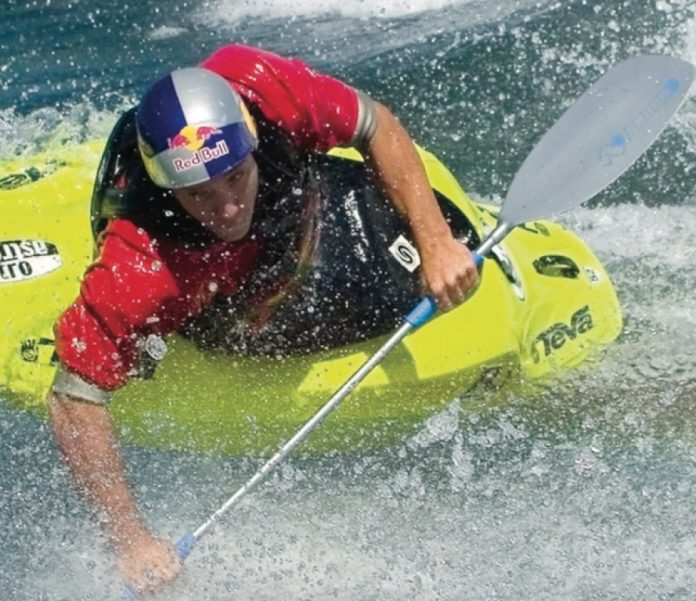Charlie the seasoned kayak guide has a grave problem. His hobby has taken over his life. Flashbacks of weeks spent living by tide and winds fill his overactive imagination and unproductive off-season days. Ragged back issues of Adventure Kayak litter his chaotic apartment. Charlie doesn’t even need an ocean—just the thought of a float on the local moose-riddled lake brings a smile to his face. Sea kayaking has become a drug, and Charlie has a serious addiction.
Charlie gave up the mainstream life over a decade ago, trading in his computer and desk for a paddle and kayak and the mysterious vagabond existence of a professional guide.
Paddling may be his passion, but after ten years of cranky guests with unrealistic expectations, stressed out bosses and constant relationship friction after long months away from home, the romance of guiding has started to wear thin. Especially for what boils down to a single-digit hourly wage.
Charlie is faced with a major decision: should he abandon his frustrating yet re- warding guiding lifestyle for more respect- able but soul-sucking gainful employment, or should he up the ante and make the bold move from lowly guide to the wealth, contentment, and absolute power of an eco-tourism company owner?
One fine day Charlie makes up his mind. “I will live my passion!” he exclaims. “I will start my own sea kayaking company! I will call it ‘Sand in Your Shorts Ecopeditions’ and it will be my ticket to happiness!” Charlie spends the rest of his morning lying on the couch dreaming about his new career, until he nods off with images of endless beaches, breaching whales and generous, helpful guests filling the fjords of his brain.
As he dozes, his subconscious takes him to his chosen future bliss. As he expects, running his own business is not easy at first.
He gamely endures the tedious and office- bound tasks of registering, incorporating, and marketing his new company. He is a sea kayaker, not a graphic designer, but with limited funds he spends the entire winter learning how to design and print brochures and build and maintain his company website.
Next he tries to track down insurance for his fledgling operation and discovers—after many more hours at his desk—that no one really wants to insure “edge of capitalist society” sea kayaker types in a post 9/11 world. He ponies up the $10,000 his insurance agent demands for liability coverage, and then spends another $20,000 on a fleet of new boats.
Now he has to hire and train a crew of guides who will look after all this new ex- pensive gear and all his hard-won guests. It is difficult to find professional, qualified, personable, wildlife biologist / educator / adventure racer / story teller / risk manager /first aider / personal therapist / musicians who can cook up a storm, MacGyver broken kayaks and broken bones with equal ease, and are willing to work 18-hour days of intense responsibility and decision-making for $150 or less.
Charlie tosses and turns and cries out in his sleep. But the nightmare continues. His dreams carry him through the seasons and into a spring spent entirely on the trade- show circuit, hustling to fill enough cockpits with guests to pay for the insurance, gear and guide wages.
Finally, his first field season arrives, but he has to mind the office, filling out permit applications, answering the phone and digesting the bad news: increasing travel costs and American fear politics have resulted in half-full or even cancelled trips. Not to mention the ever-increasing competition. Several of Charlie’s guide buddies plus some American George Bush refugees have all started sea kayaking businesses on his favourite stretch of coast. Even the veteran companies who were the ecotourism visionaries of the 1970s and ‘80s are having trouble filling trips.
Charlie’s natural rhythm inexorably degenerates from the slow, calming tidal flow that is the root of his fascination with the sea kayak into the fast-paced tempo of the cable modem and electricity. The endless sandy beaches and towering coastal forests of his dream lifestyle have morphed into unruly pa- per piles and oppressive fluorescent-lit walls. His tan lines are replaced with the worry lines that mar his bleary-eyed face.
His nightmare finally takes Charlie to his first year-end. Time for the payoff from all that time spent indoors. His accountant crunches the numbers and—what’s this?— Charlie is stuck with the same meager wage he had as a guide, minus the travel and life- style dividends.
“Nooooooooooo……”
Charlie’s own scream wakes him up. He gives his muddled head a shake, towels off the cold sweat, and grabs his gear for an afternoon of playing hide and seek with a moose on the local lake.
“Company owner? Me?” Charlie thinks as his paddle blades takes its first satisfying slice into the water. “What was I thinking?”
Dave Quinn guides in the Queen Charlotte Islands and the Canadian Arctic. He is the co- owner of Treehouse Outdoor Education, B.C., and the Vice President of the Association of Canadian Sea Kayak Guides.
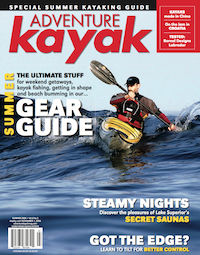 This article first appeared in the Summer 2006 issue of Adventure Kayak Magazine. For more great content, subscribe to Adventure Kayak’s print and digital editions here.
This article first appeared in the Summer 2006 issue of Adventure Kayak Magazine. For more great content, subscribe to Adventure Kayak’s print and digital editions here.
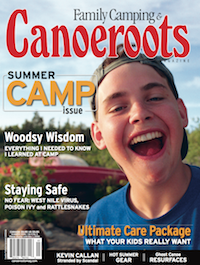

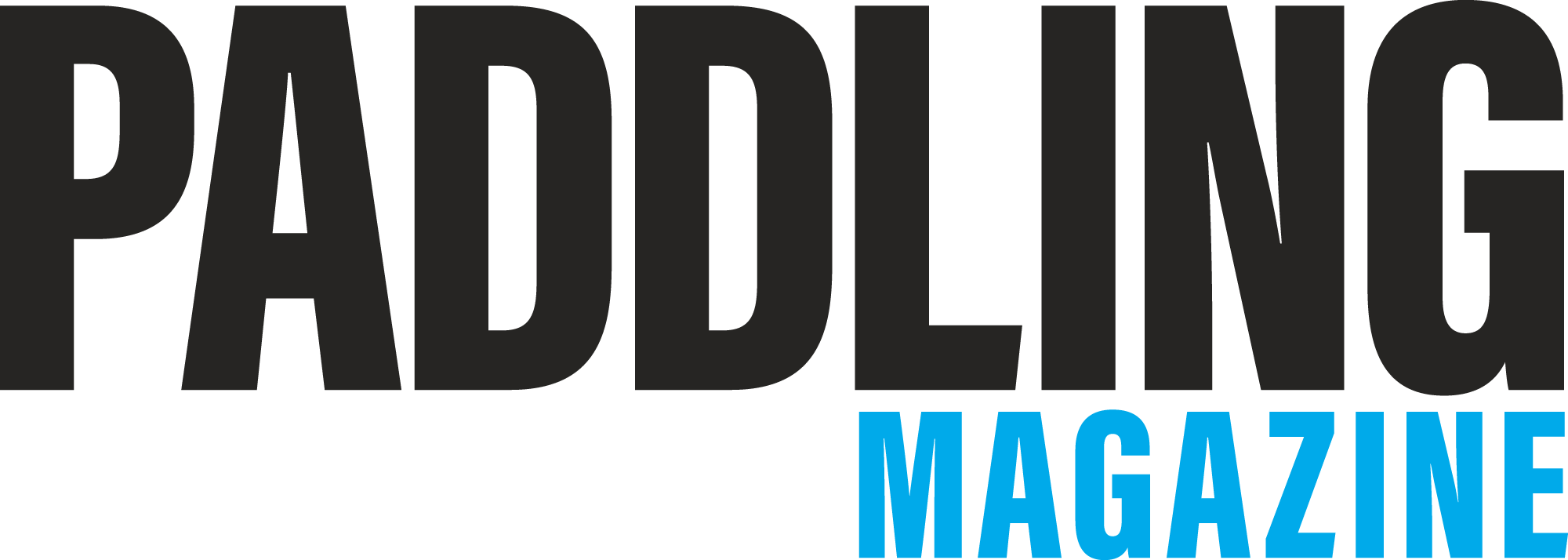

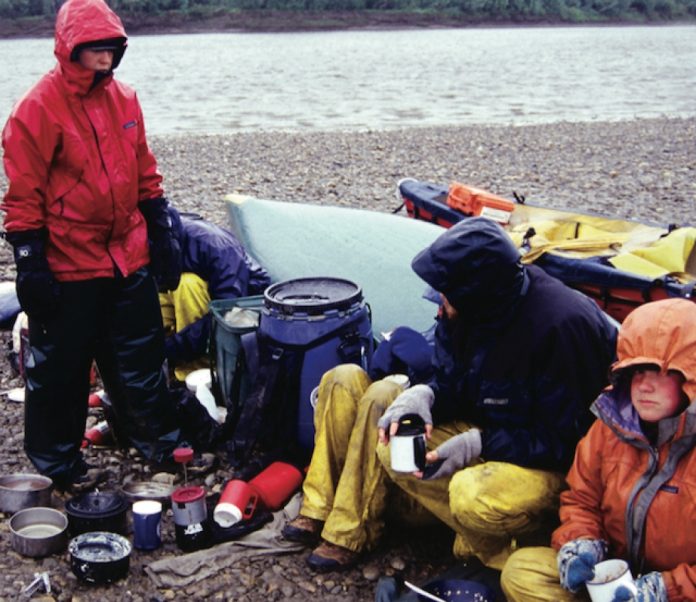
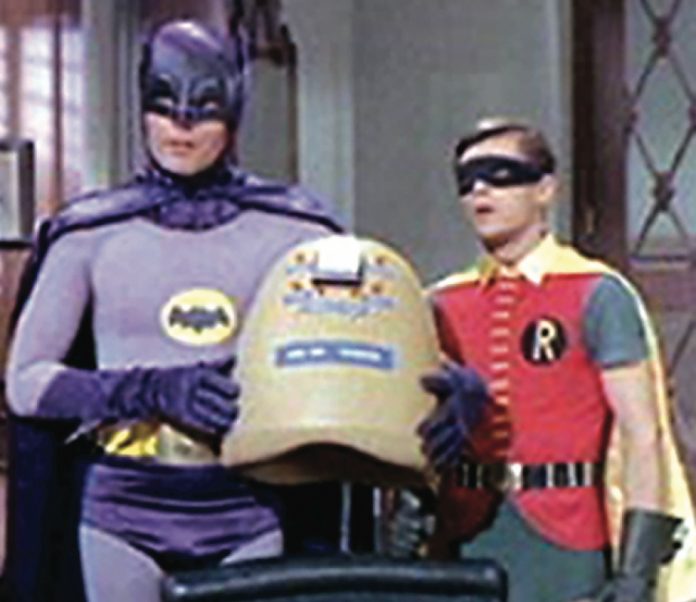
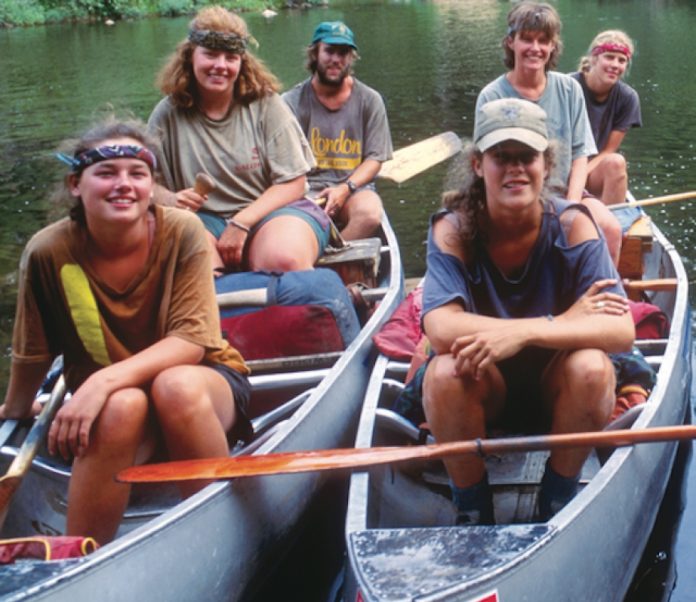
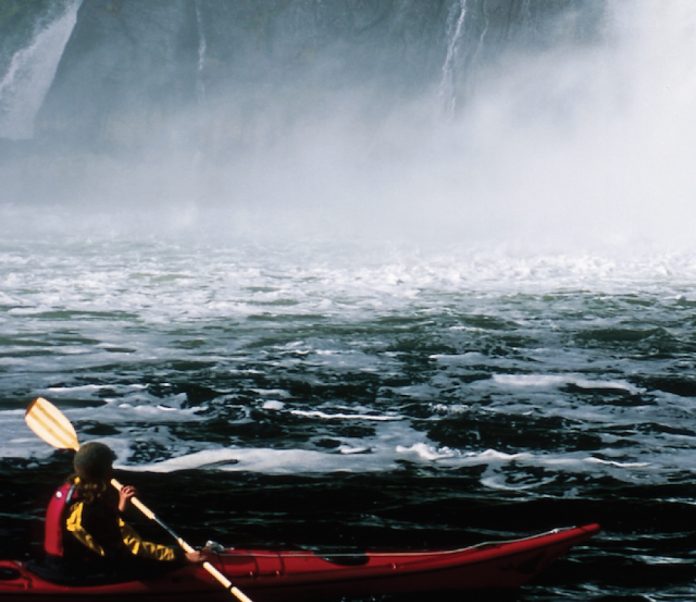
 This article first appeared in the Summer 2006 issue of Adventure Kayak Magazine. For more great content, subscribe to Adventure Kayak’s print and digital editions
This article first appeared in the Summer 2006 issue of Adventure Kayak Magazine. For more great content, subscribe to Adventure Kayak’s print and digital editions 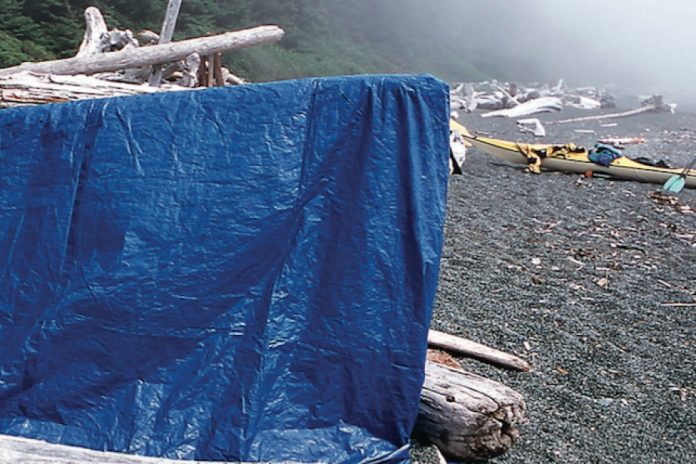
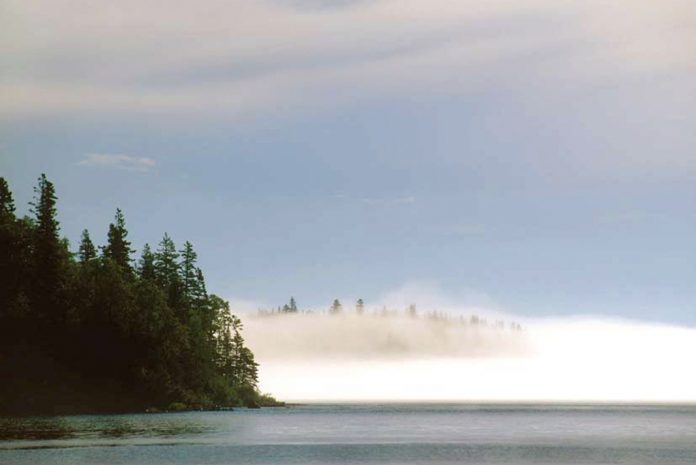
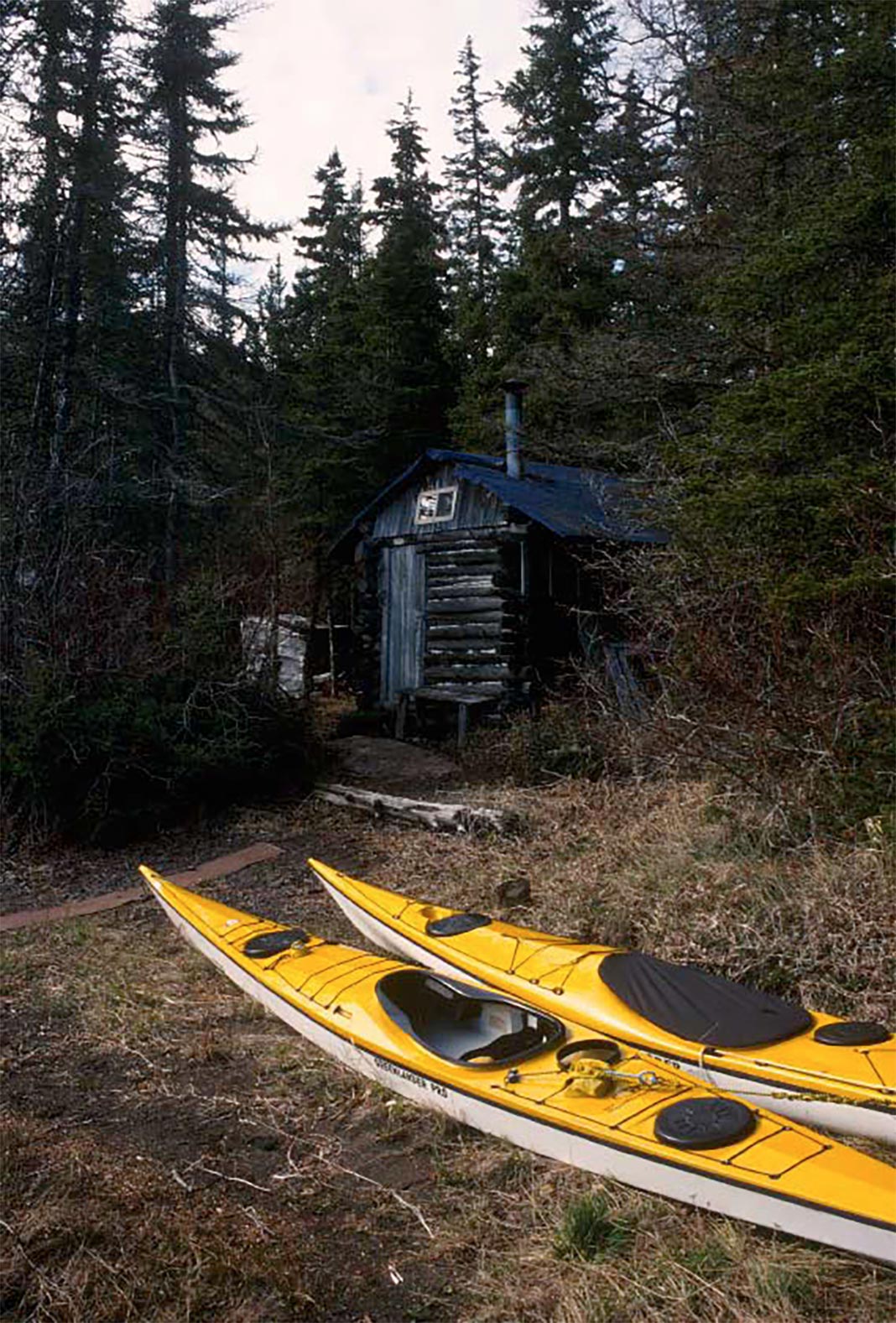
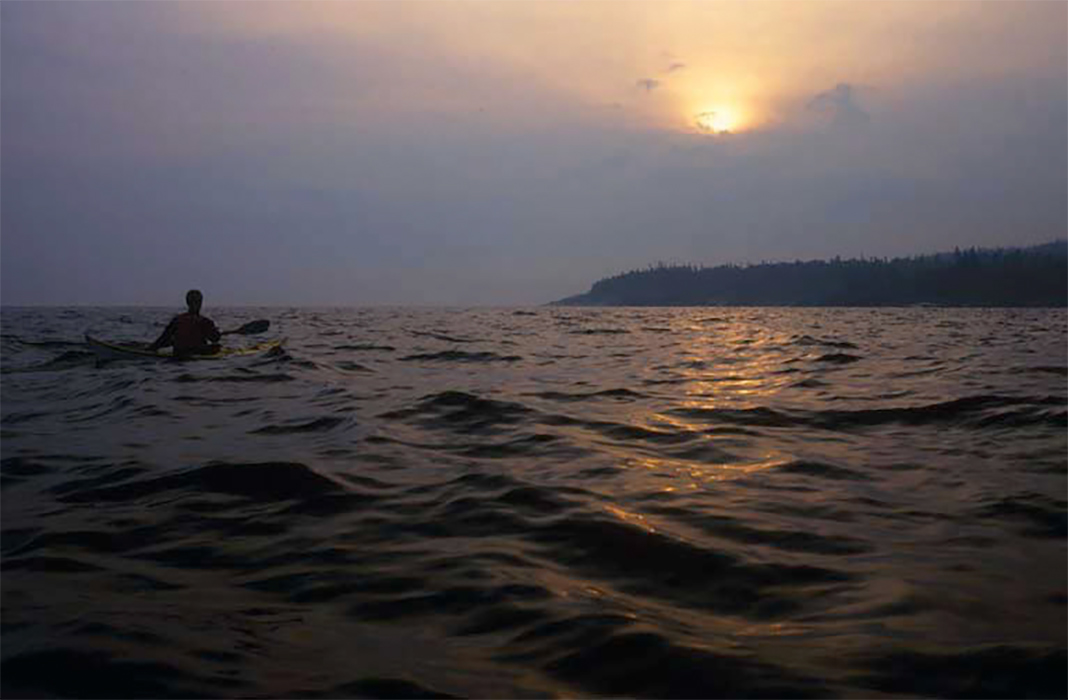
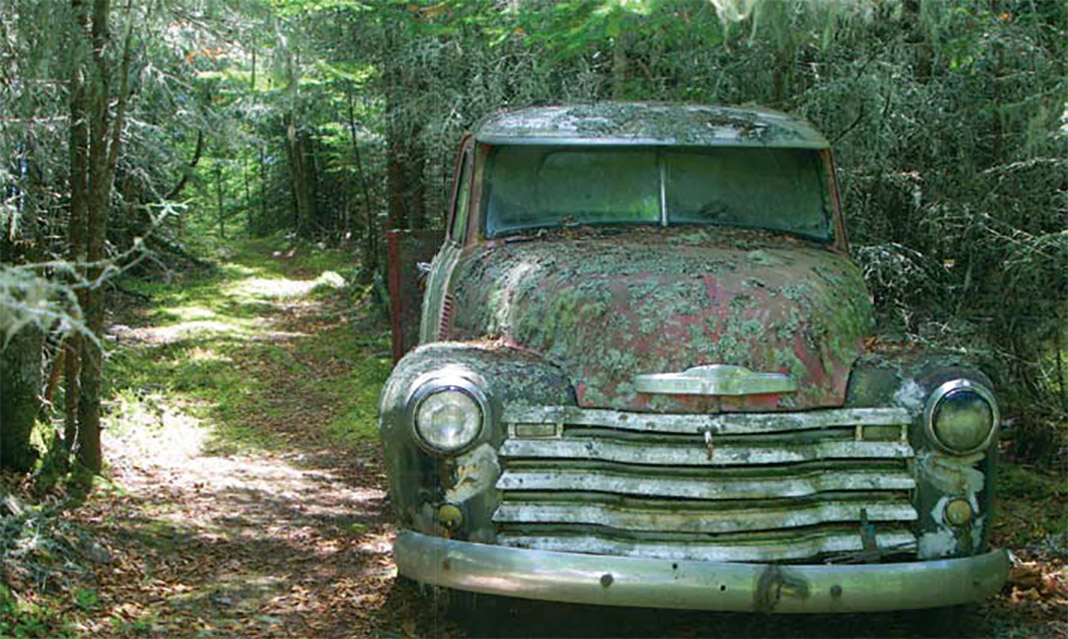
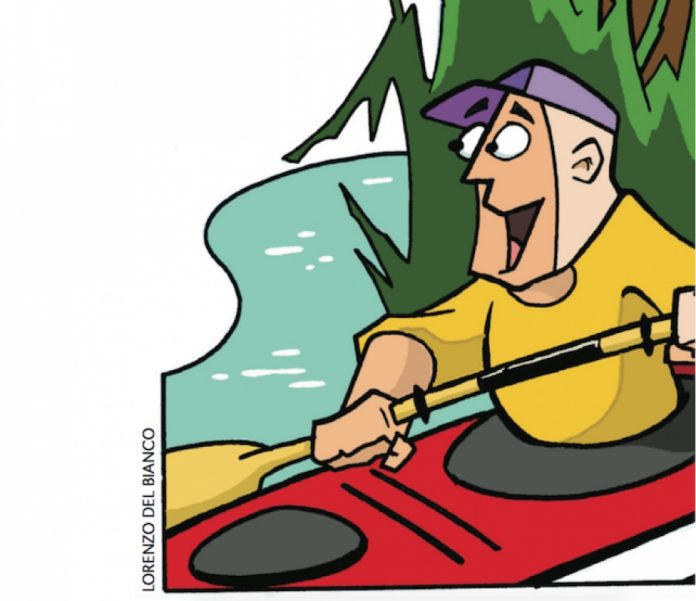
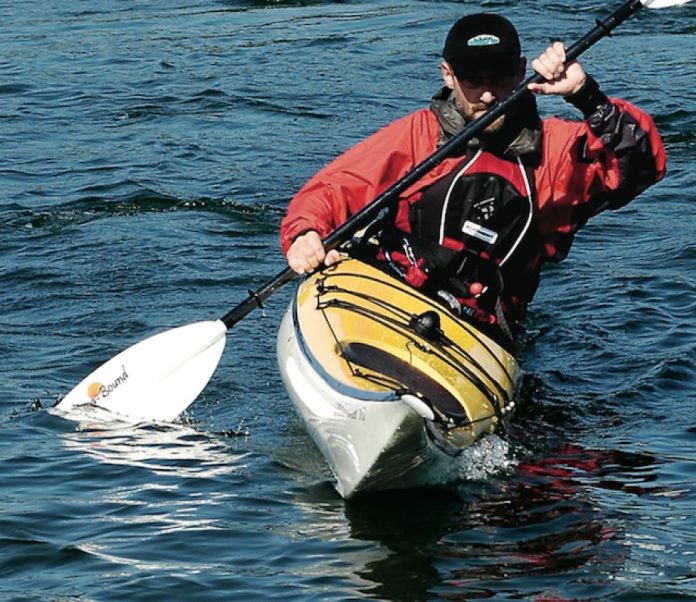
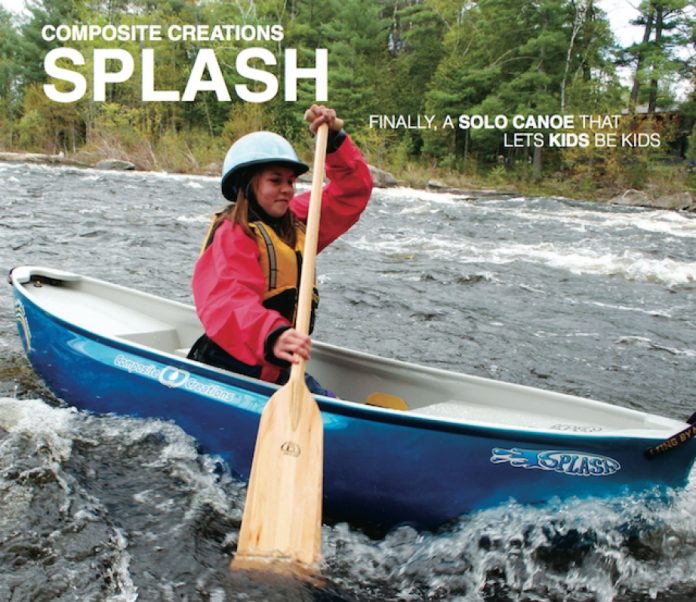
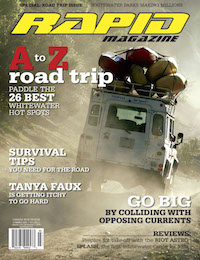 This article first appeared in the Summer 2006 issue of Rapid Magazine. For more great boat reviews, subscribe to Rapid’s print and digital editions
This article first appeared in the Summer 2006 issue of Rapid Magazine. For more great boat reviews, subscribe to Rapid’s print and digital editions 